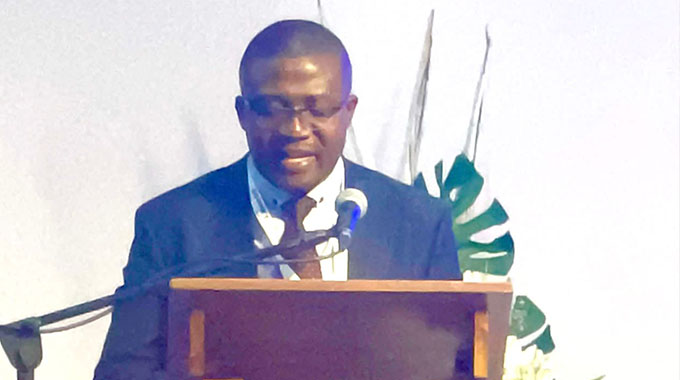Finance Minister ranked among Africa’s finest treasury heads

Oliver Kazunga, Senior Business Reporter
A FRENCH publication, Financial Afrik, has ranked Finance and Economic Development Minister Professor Mthuli Ncube, among Africa’s top five Treasury heads in 2021.
Posting on his official Twitter handle yesterday, Prof Ncube expressed excitement over the rating saying the ranking was based on popular vote and qualitative analysis of candidates, and considered by adjudicators.
“I am very pleased to have been voted and ranked in the top five Ministers of Finance in Africa in 2021 by the French publication, Financial Afrik.
This is based on a popular vote and qualitative analysis of candidate, and considered by jury,” he said.
Prof Ncube said on the top five list were also his counterparts from Mauritania, Benin, Nigeria and the Democratic Republic of Congo.
“These ministers were judged to have implemented transformative economic policies with results,” he said.
The French publication credited Prof Ncube for reducing Zimbabwe’s inflation from 837,5 percent before spiralling down to 60,74 percent on account of a cocktail of monetary and fiscal measures adopted by the Government.
This year, fiscal authorities have vowed to work gloves out to achieve an inflation level of between 15 and 20 percent.
The disinflationary path in 2021 was underpinned by both fight fiscal and monetary policies.
Conservative reserve money targeting and the introduction of the foreign exchange auction system for key imports brought stability in the forex exchange market and consequently curtailed inflation.
Prof Ncube is on record saying maintenance of price and exchange rate stability over the medium to long-term was central in fostering business medium-term planning and investment for the achievement of National Development Strategy 1(NDS 1) objectives.
The policies have been implemented on the back of the successful two-year Transitional Stabilisation Programme (TSP) that ran between October 2018 and December 2020.
Under the TSP, the Second Republic sought to position the economy on a recovery path focusing on key tenets of stabilising the macro-economy, and the financial sector; introducing necessary policy and institutional reforms to translate to a private sector-led economy; addressing infrastructure gaps, and launching quick-wins to stimulate growth.
It is in this context that Zimbabwe has now moved from economic recovery to stimulating productivity under NDS 1, which builds to the attainment of an upper middle-income economy by 2030.
—@KazungaOliver











Comments